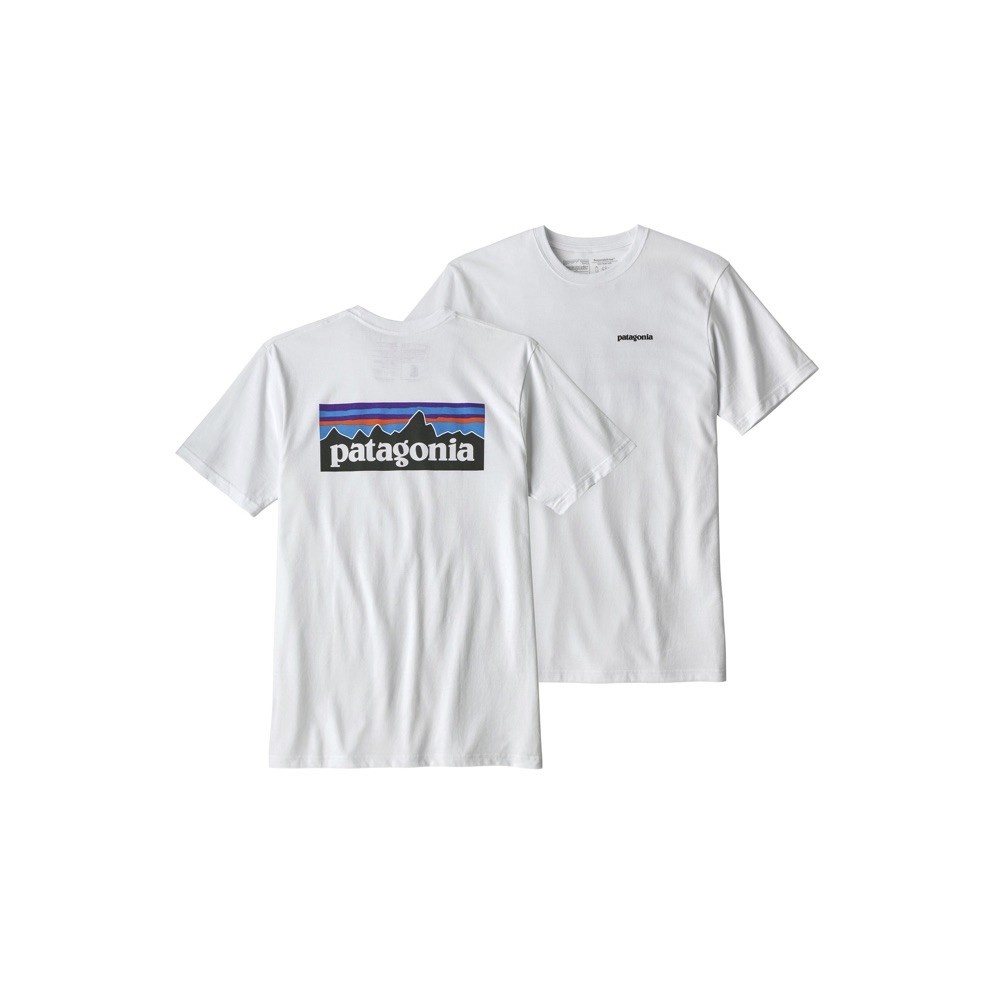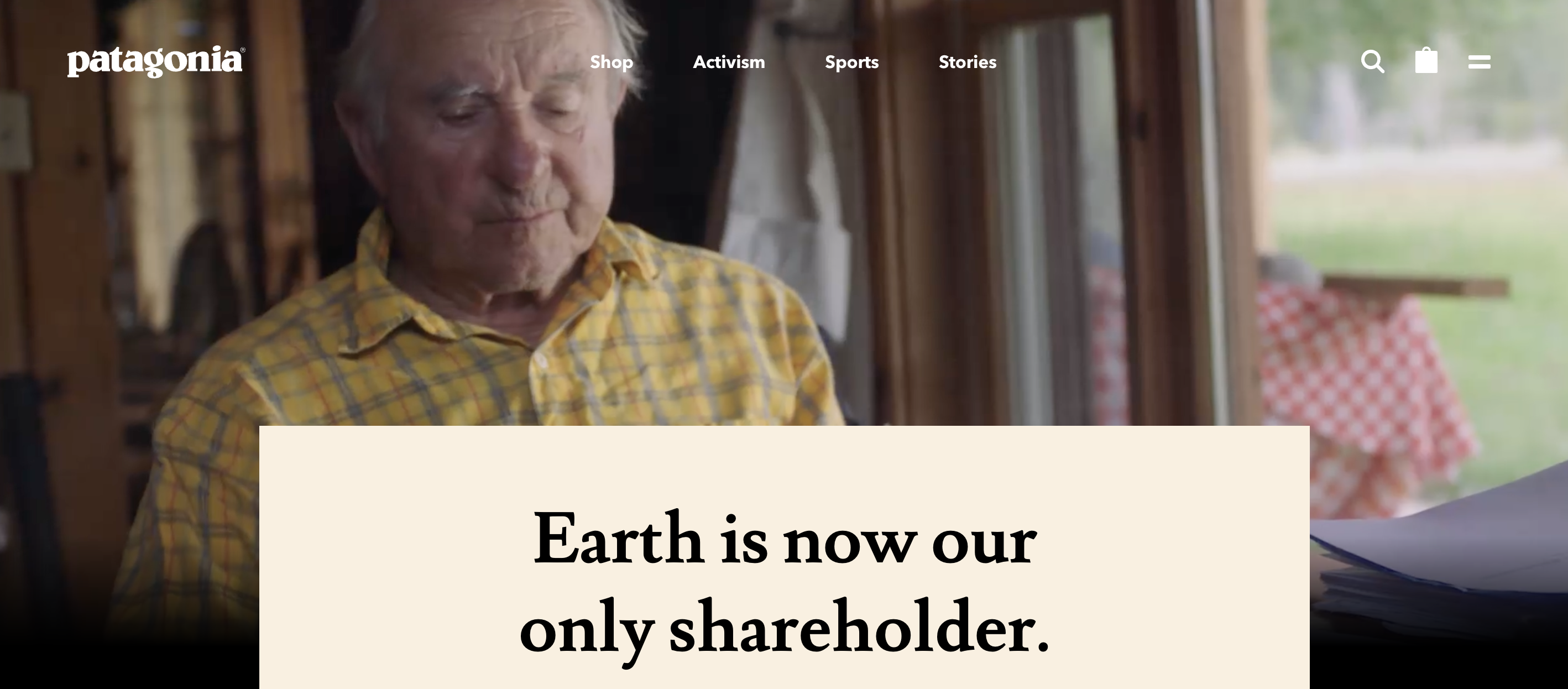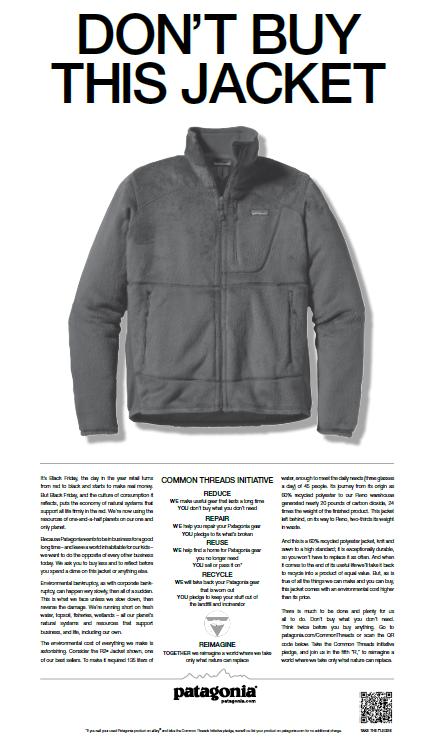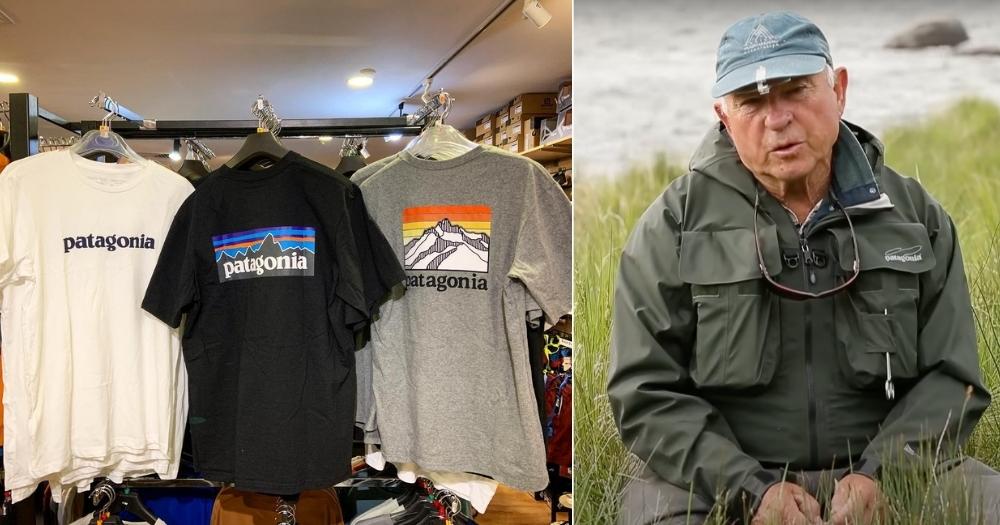Follow us on Telegram for the latest updates: https://t.me/mothershipsg
If you have been around town in Singapore, you would probably have seen people sporting the popular Patagonia logo T-shirt:
 Image via Outdoor Life.
Image via Outdoor Life.
Now, buying one of Patagonia's T-shirts could mean contributing a small part in funding climate action.
The founder of the American outdoor gear and clothing brand Patagonia has donated his company and its future profits to the fight against climate change.
Yvon Chouinard, 83, announced the change in ownership in an open letter on the company's website.
Hey, friends, we just gave our company to planet Earth. OK, it’s more nuanced than that, but we’re closed today to celebrate this new plan to save our one and only home. We’ll be back online tomorrow.https://t.co/fvRFDgOzVZ
— Patagonia (@patagonia) September 14, 2022
Making Earth the shareholder
Shares of the company will be divided between a new purpose-built entity, the Patagonia Purpose Trust, and a non-profit organisation, the Holdfast Collective, according to the letter.
Patagonia is valued at US$3 billion (S$4.2 billion).
Patagonia Purpose Trust will hold all the voting stock of the company, previously held by Chouinard and his family.
This amounts to 2 per cent of the company's total shares, the New York Times (NYT) reported.
The trust will be overseen by the Chouinard family and its advisers to ensure the company makes good on its social commitments, NYT wrote.
The remaining shares of the company, made up of non-voting stocks, have been transferred to the Holdfast Collective.
The Holdfast Collective is a US-based non-profit organisation, "dedicated to fighting the environmental crisis and defending nature", Chouinard wrote in his letter.
By holding 98 per cent of Patagonia's common shares, the Holdfast Collective will receive all profits made through Patagonia's commercial activities.
"Each year, the money we make after reinvesting in the business will be distributed as a dividend to help fight the crisis", Chouinard wrote.
Patagonia's profits are estimated at around S$140 million (US$100 million), NYT reported.
According to NYT, Chouinard shared that the focus will be on nature-based solutions, such as preserving wild lands.
Holdfast Collective was incorporated as a 501(c)(4) organisation.
Under incorporation laws in the US, this status allows the organisation to make unlimited political donations.
Consequently, the Chouinard family received no tax benefits from its donation, NYT wrote.
Going "purpose" instead of "public"
In the letter, titled "Earth is now our only shareholder", Chouinard wrote that the goal was to find ways to "put more money into fighting the crisis while keeping the company’s values intact."
 Image via Patagonia.
Image via Patagonia.
He explained that there were two other options: to sell the company or to go public.
However, by selling the company, there was no guarantee that the new owner would "maintain our values or keep our team of people around the world employed", Chouinard explained.
Chouinard added that going public would be a "disaster".
"Even public companies with good intentions are under too much pressure to create short-term gain at the expense of long-term vitality and responsibility"
Following the donation, Chouinard and his wife will no longer receive a salary from the company, NYT reported.
Their children remain on Patagonia's payroll.
Patagonia's advocacy
Patagonia has a long history of social and environmental advocacy, particularly in the US.
Patagonia was started by Chouinard and his friend in the 1950s, when they sold handmade outdoor equipment.
Realising the hardware they made damaged the environment it was being used on, they shifted the company's focus to making apparel in the 1970s.
Patagonia gained popularity beyond outdoor enthusiast circles with finance and technology companies.
Its vests, embroidered with the logos of finance and tech companies, became the unofficial "uniform" in Wall Street and Silicon Valley.
Recently, Patagonia announced that it would be more selective with which companies get to print their logos on its vests.
It was choosing instead to partner with "mission-driven" companies.
In 2011, Patagonia launched its famous "Don't Buy This Jacket" campaign in NYT, urging people to think twice before buying its jackets ahead of Black Friday sales that year.
 Image via Patagonia.
Image via Patagonia.
If you like what you read, follow us on Facebook, Instagram, Twitter and Telegram to get the latest updates.
